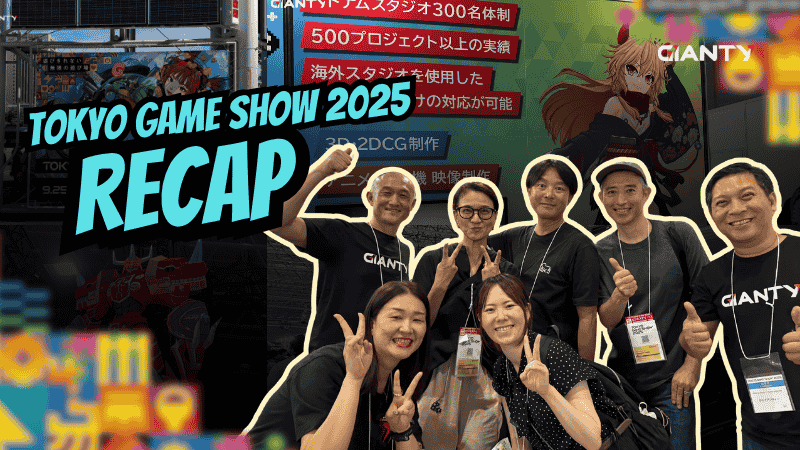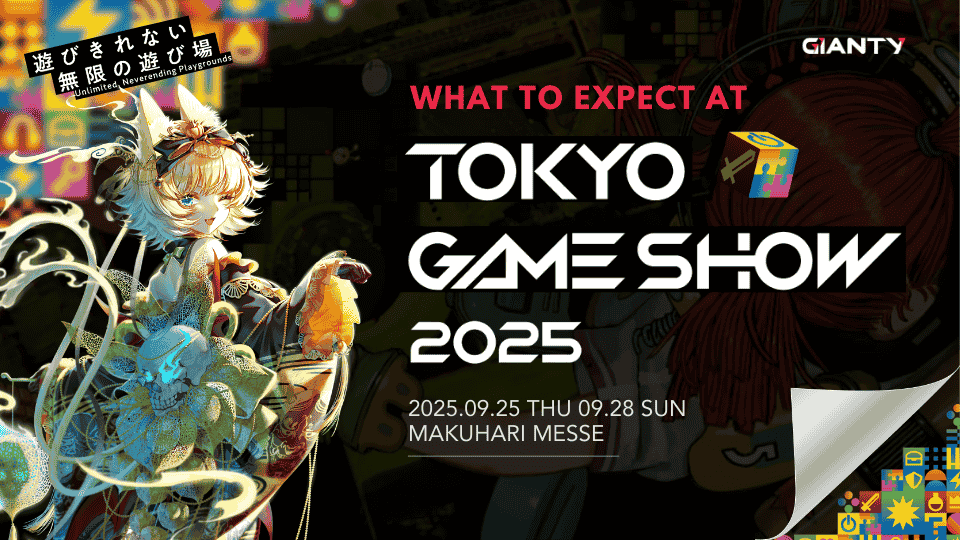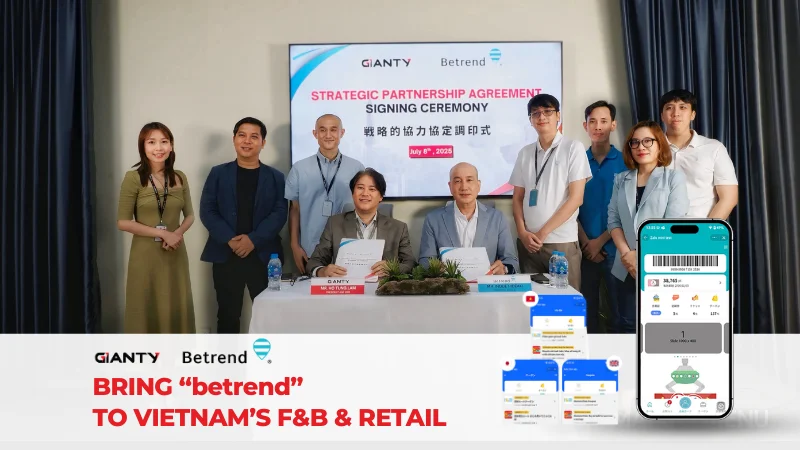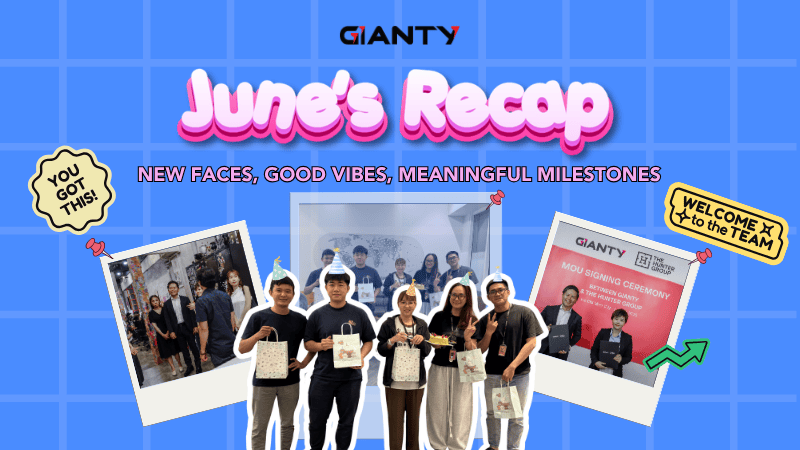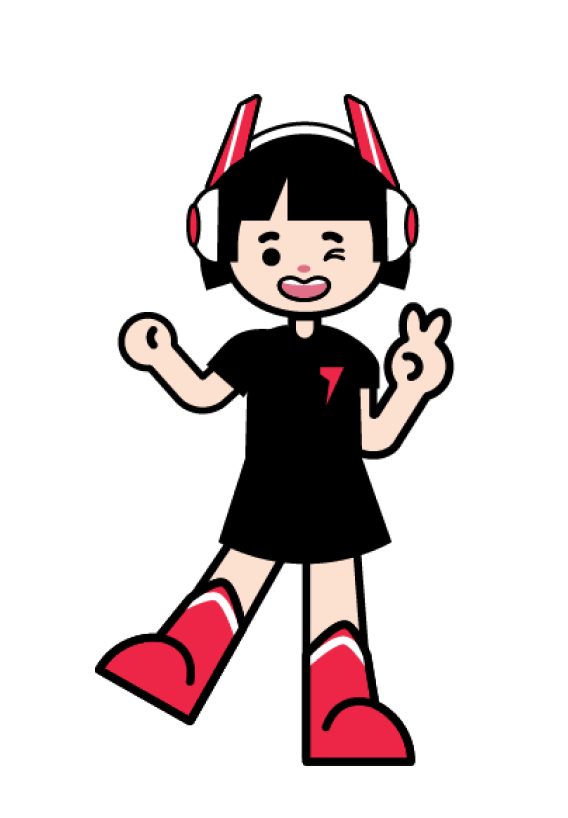In an interview with Tuoi Tre Newspaper, Mr. Trinh Nguyen Thien Phuoc, Chief Technology Officer at GIANTY Vietnam, suggested that two key levels of protection are needed: a strict legal framework (a necessary condition) and encouraging creative businesses (a sufficient condition).
At the necessary level, a combination of various legal regulations, as well as enforcement, management, and control by the relevant authorities, is required.
Specifically, the oversight of game publishers and User-Generated Content (UGC) platforms (such as Facebook, YouTube, and TikTok) must comply with strict regulations from national or international legal frameworks.
The following regulations include: protecting children’s data, requiring parental consent, content moderation suitable for children, and providing parental control features to monitor or limit playtime.
Many countries mandate the use of artificial intelligence and machine learning technology to automatically detect and handle inappropriate content, preventing risks like cyberbullying or harmful material.
At a sufficient level, regulatory bodies should create space for businesses and organizations to contribute to developing child protection solutions through games.
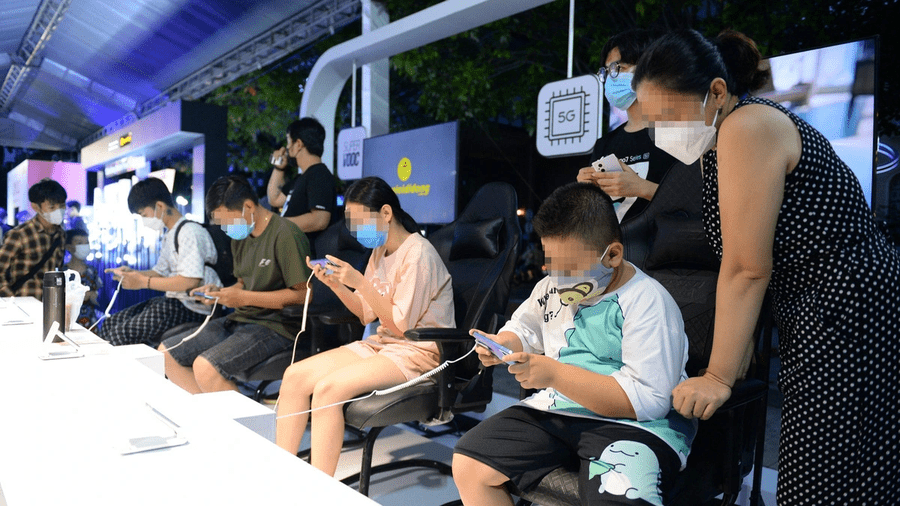
For example, Sparkasse Bank (Germany) uses artificial intelligence to teach children about the value of money in games, or the Roblox Education platform (USA) teaches history through role-playing games…
These initiatives protect children and contribute to educating and developing life skills through games.
In Japan, an “invisible alliance” has formed among game producers, hardware manufacturers (like game consoles), platform managers, and parents.
According to this, game producers or content creators are responsible for providing information about age limits for games to the platform; verifying user age when registering to play; limiting the use of credit cards, or restricting payment methods based on the user’s age.
Game console manufacturers must provide child account services, with parents as managers.
Parents have the right to manage children’s accounts, set device time limits, and restrict content unsuitable for children. Game platforms are responsible for providing clear guidelines to filter games or apps based on information from the game publisher.
Parents must register game accounts for their children, manage and limit smartphone use, and engage in other activities with their children to prevent them from spending all their time on games.

Scams in Popular Children’s Games
One of the most common scams targeting young gamers today is the offer of a “new skin” for a character. Skins are often outfits or armor that enhance skills or strength.
Scammers lure victims into traps, asking for usernames and passwords, and then stealing personal information.
Another common scam involves offers of free virtual money to use in the game.
Scammers use the guise of a game to lead users into a scam or more dangerous offers.
Cybersecurity experts recommend that parents pay attention and proactively seek solutions to manage and protect their children’s safety.
In Vietnam, companies are already providing internet safety management solutions for families, such as Kaspersky, VNPT, SafeGate…
Recently, the Information Security Association (VNISA) issued a set of technical standards for “Requirements for Products and Services Protecting Children in the Online Environment,” which also serves as a guide for consumers to choose quality solutions suited to their needs.
Curing Online Game Addiction: Just the Beginning
The government’s issuance of Decree 147, which limits online game playing time for children under 16, is a necessary step to address the problem of online gaming addiction among the youth.
However, its actual effectiveness requires coordinated efforts from all parties involved. Specifically, regulatory oversight, collaboration from game companies, and family involvement are crucial.
Without clear and decisive implementation steps alongside the regulations, achieving the goal of reducing online game addiction—which has been shown to have more negative impacts on children than positive ones—will be challenging.
In addition, we believe that online game addiction is just one of the issues affecting today’s youth. Indeed, social media addiction may even be more widespread.
The negative effects of social media addiction on mental health, academic performance, work productivity, and real-life human interactions have been demonstrated in many studies.
For this reason, many countries, such as Australia, France, and Belgium, have begun to enact regulations banning children and students from using social media.
It’s important to recognize that we currently have almost no strong restrictions on social media use. These platforms often have a more significant impact on children and young people than online games.
We hope that, after Decree 147 comes into effect, government authorities will assess its effectiveness and continue to develop new regulations aimed at managing social media use.
Source: https://tuoitre.vn/print/de-bao-ve-tre-em-khi-choi-game-online-gioi-han-gio-choi-noi-dung-lanh-manh-da-du-chua-20241202224237361.htm





